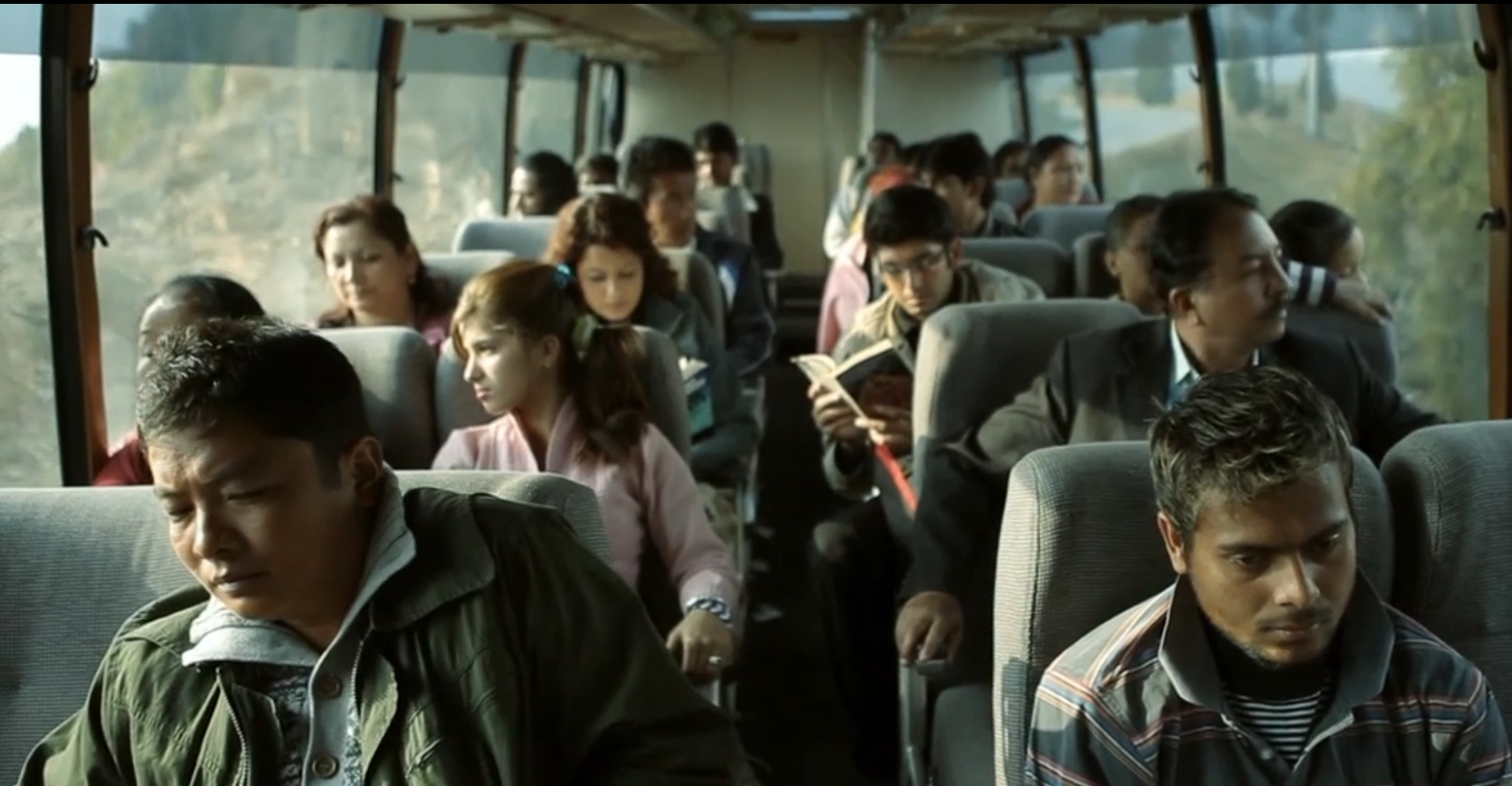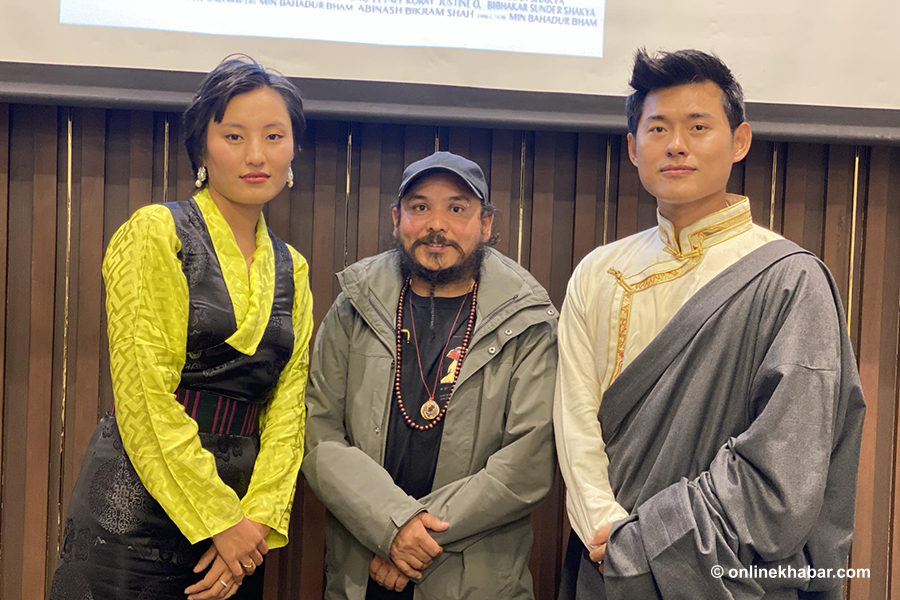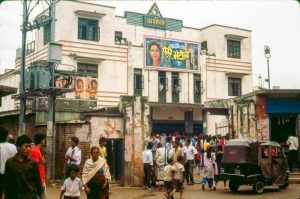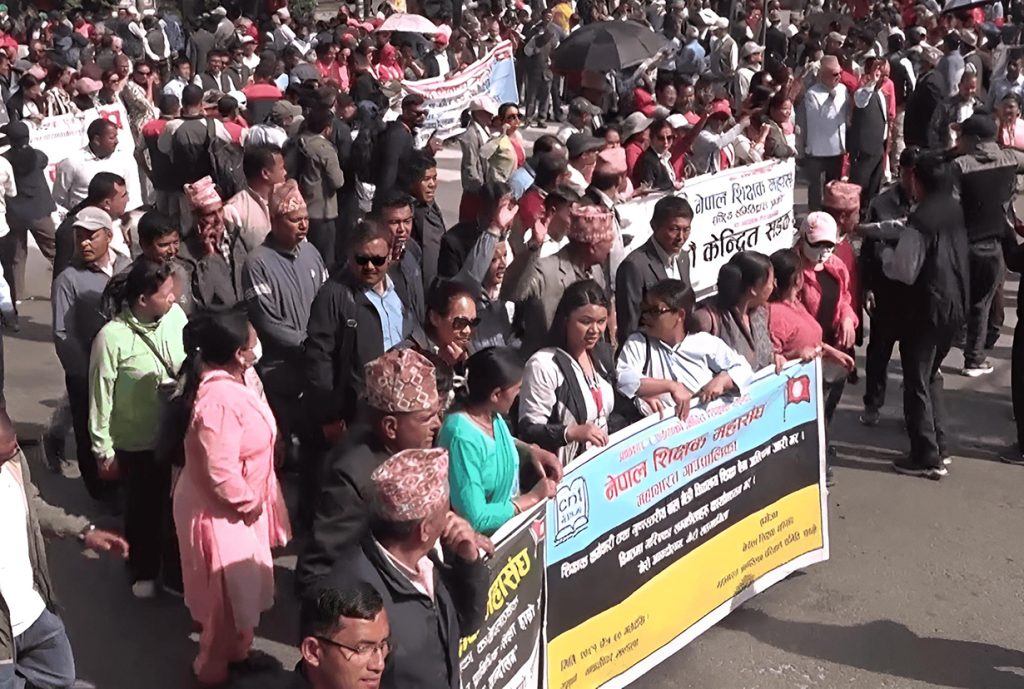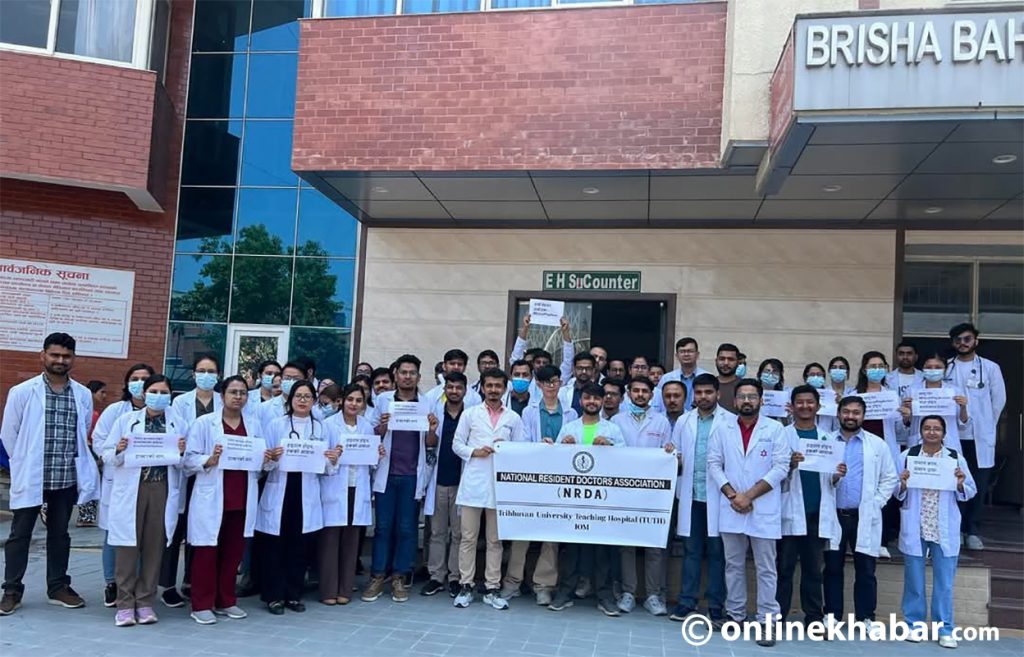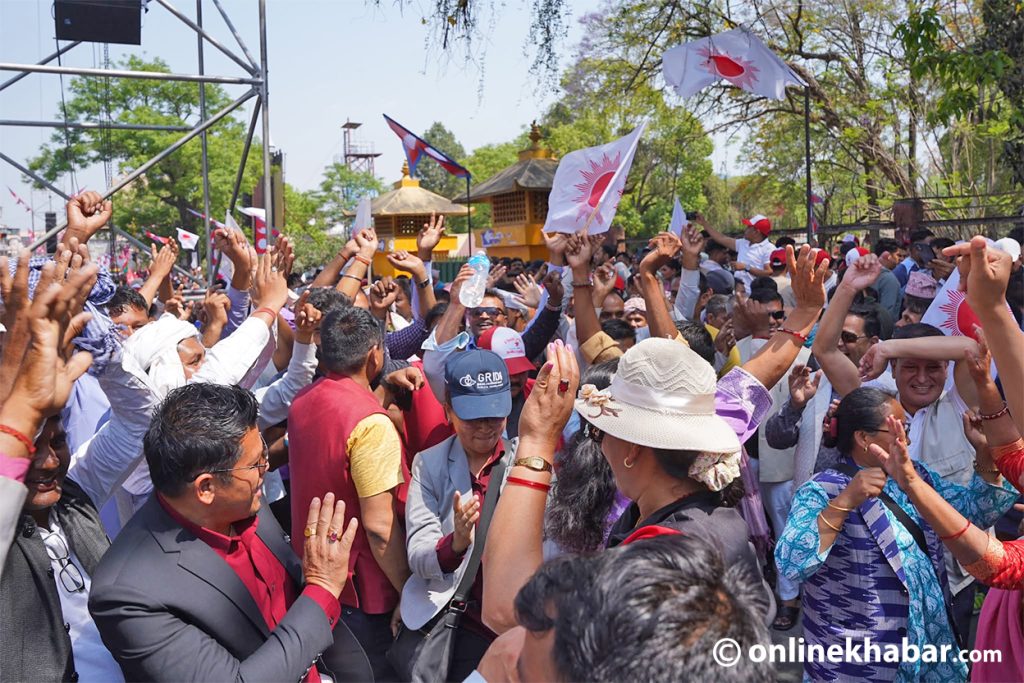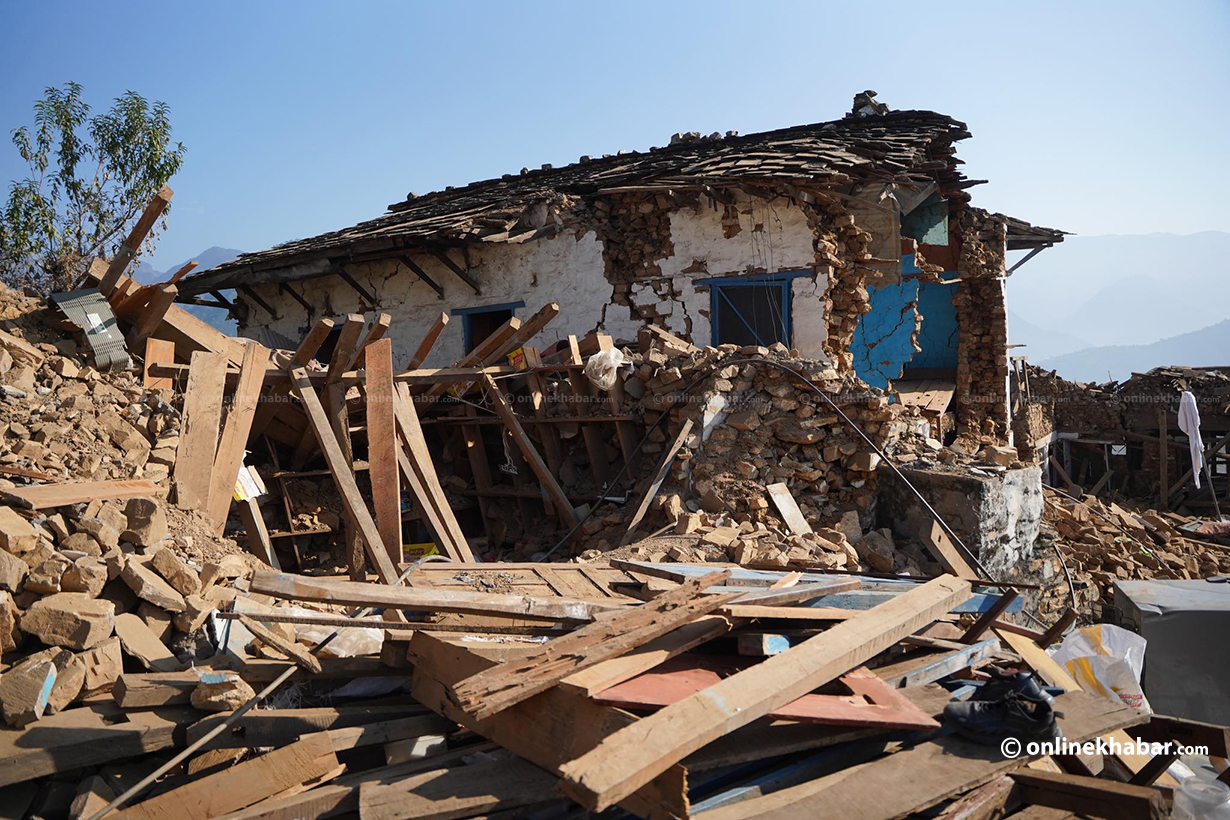
Bollywood filmmaker Prakash Jha recently visited Nepal. During his visit, he shared his experience in filmmaking with film enthusiasts in Kathmandu at Kathmandu International Mountain Film Festival (Kimff). Along with that, he showed his interest to work with Nepali filmmakers too.
This was Jha’s second visit to Nepal and he expressed his feelings that Kathmandu should be made a culturally vibrant city. He talked about the possibilities of a lot of stories related to history, traditional myths and society in Nepal, which can be made into films. He shared his interest in making films in collaboration with Nepali filmmakers to create an impact on the whole world.
In the meantime, Jha also talked about what the Nepali film industry should learn from the ups and downs of Bollywood.
For the younger generation of filmmakers
Prakash Jha suggests that the new generation of filmmakers in Nepal should learn a lesson from the decline of Bollywood. “Make a film with soul, it will start working. To make your film work, you have to do the work. Talk to the story and characters,” Jha suggests.
According to him, there are mainly two purposes for making a film; first, to tell the unheard story to the audience, and second, to earn money. He says, “If you are making a film to make money, it doesn’t always work. Currently, Bollywood is experiencing the same.”
Prakash Jha says, “When you make a film to earn money. You must follow the star. Emotions have to be mixed and a deal has to be made with the market. It doesn’t always work either.”

Whenever the main focus is on money also, there is a possibility of producing a good film. He suggests, “If you want to create a story, invest in it and give it time.”
Being a filmmaker
Prakash Jha, interested in working on films with social and political content, is currently preparing for the production of two films, Dharmakshetra and Janadesh. At the centre of these films, he has placed democracy and the crisis that is seen in it.
He considers himself a lucky filmmaker. “Sometimes I lose and sometimes I earn, but I don’t stop making films,” says Jha, “Patience is the most important thing in making films. If you want to make a film, you must have patience.”
Explaining the process of filmmaking, Jha says he talks about whatever events and characters he finds around him. This, he says, is important to give the story a good shape.
There are cases he has rewritten the screenplay 10 or 20 times. “I wrote Gangajal after eight to 10 years. Patience is an important thing in filmmaking,” he says, “First, find the character and soul, and then move on.”
Creating an impact with the collaboration

Prakash Jha’s special feature in Bollywood is that he balances both commercial and artistic films. On the one hand, he left waves in the Bollywood ‘mainstream’ by making films like Gangajal, Rajniti and Chakravyuh, and on the other, he also promoted artistic films such as Damul and Mrutyadan.
Every time he comes to Nepal, he makes the expected statement, “If there is a good story, I am ready to cooperate.”
Prakash Jha says a film can be made based on the story of Ramayana, Sita, Buddha, Madhesh and Nepali hills and mountains. “These stories will not only be projects of Nepal and India, I see them as relevant for the whole world,” says Jha, “There are a lot of stories of history, traditional myths and society in Nepal.”
This story was translated from the original Nepali version and edited for clarity and length.




